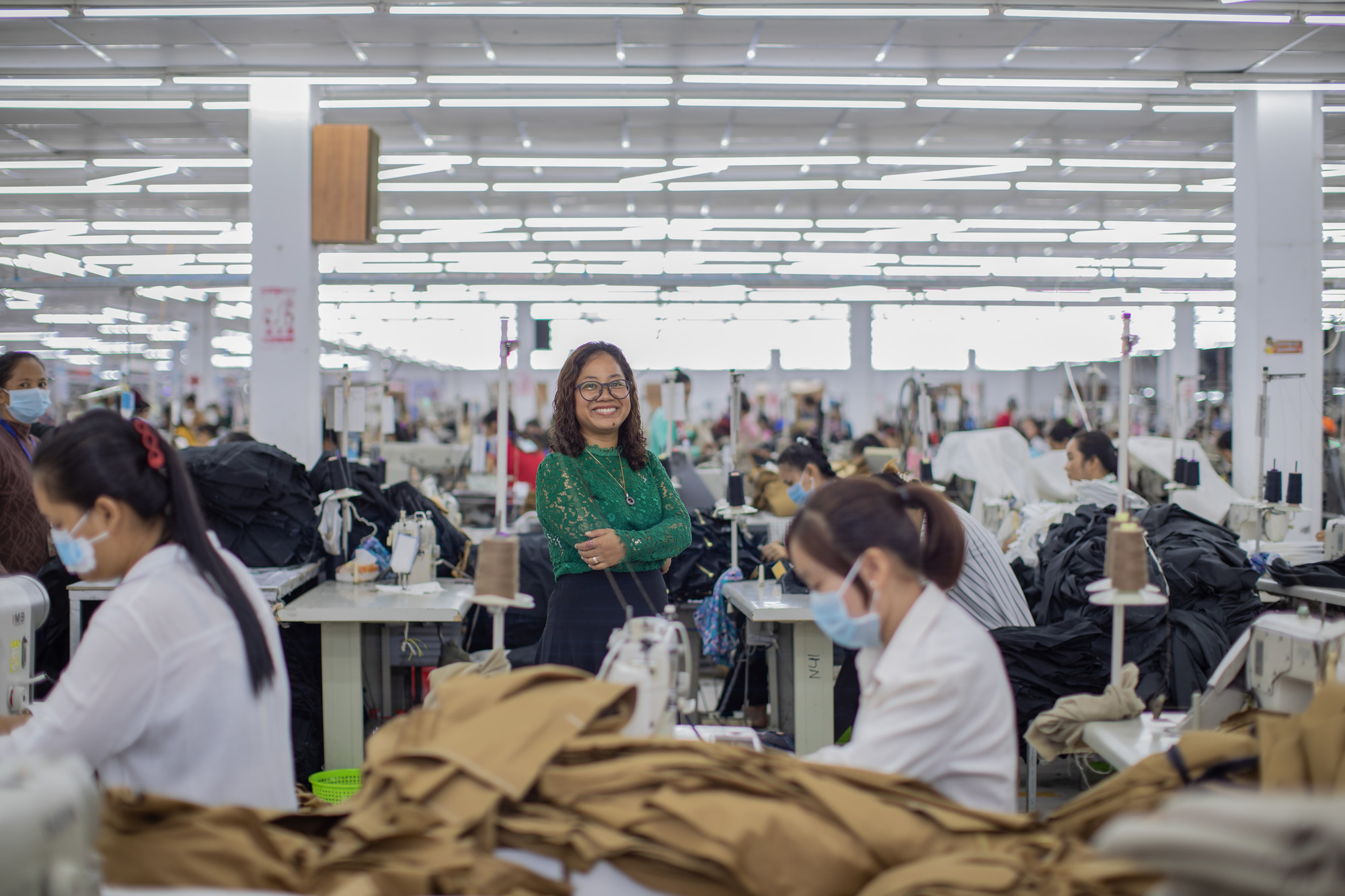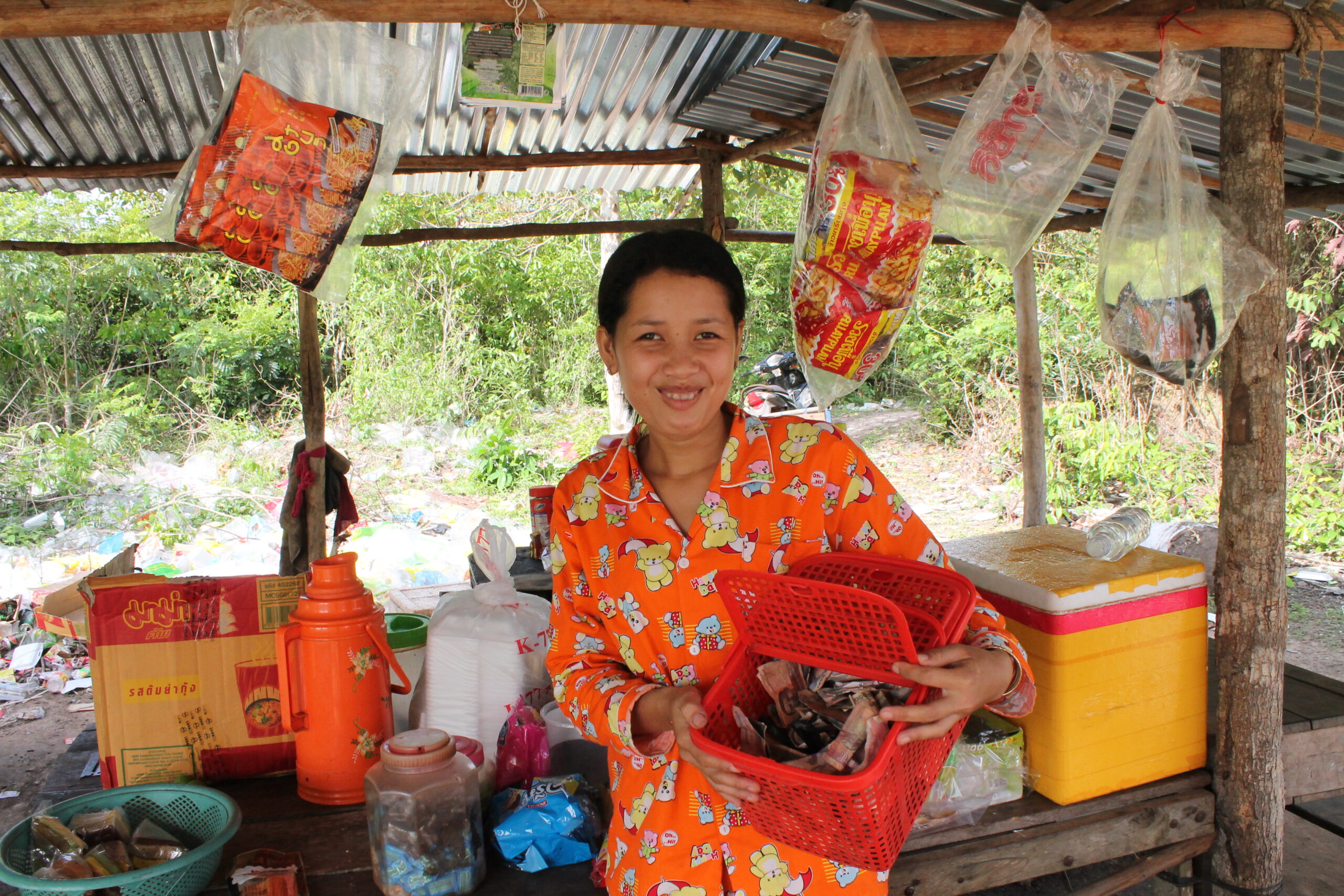Despite considerable progress over recent decades, women in Asia continue to encounter substantial obstacles to entrepreneurial success. Micro, Small, and Medium Enterprises (MSMEs) form the economic backbone of the country, representing 97% of all enterprises and accounting for 69% of the workforce, and the growth potential is immense. However, societal norms and limited resources and access restrict women’s full participation and business expansion opportunities. Bridging this gap in entrepreneurship could unleash billions in regional GDP and create millions of new jobs.
In Cambodia, women entrepreneurs play a pivotal role in the economic landscape where MSMEs constitute 99.8% of its businesses and account for 58% of GDP, 60% of these enterprises are women-led, yet remain predominantly micro-sized and informal. Sovattha Neou, CARE Cambodia’s Country Director, highlights the critical challenge of access to finance, especially for rural and micro-entrepreneurs, which hampers their ability to grow their businesses and improve their livelihoods. “Rural youth and micro-entrepreneurs, constrained by limited mentorship opportunities and access to training and social protection, face substantial challenges. To mitigate this, we collaborate with partners to facilitate access to financial literacy and other support through partnerships with local NGOs and enhance women’s skills for effective utilization. Enhancing women’s access to finance supports their activities in the market, their living expenses and business venture and most importantly empowers their entrepreneurial skills set.” she explains.
Empowering Cambodia Women Entrepreneurs Through Networks and Role Models
In Cambodia, women-owned micro and small businesses face challenges in regulation and legal processes in accessing locations and services needed for business operations. Roles and societal expectations on women traditionally limit opportunities for women as well. Female entrepreneurs often face more insecure funding and a lack of mentoring when making decisions to launch their businesses, if compared to male counterparts. Socio-cultural norms impose certain constraints on women’s role in decision-making in the community with more collateral to males and provide less space for women’s voices to be heard.


